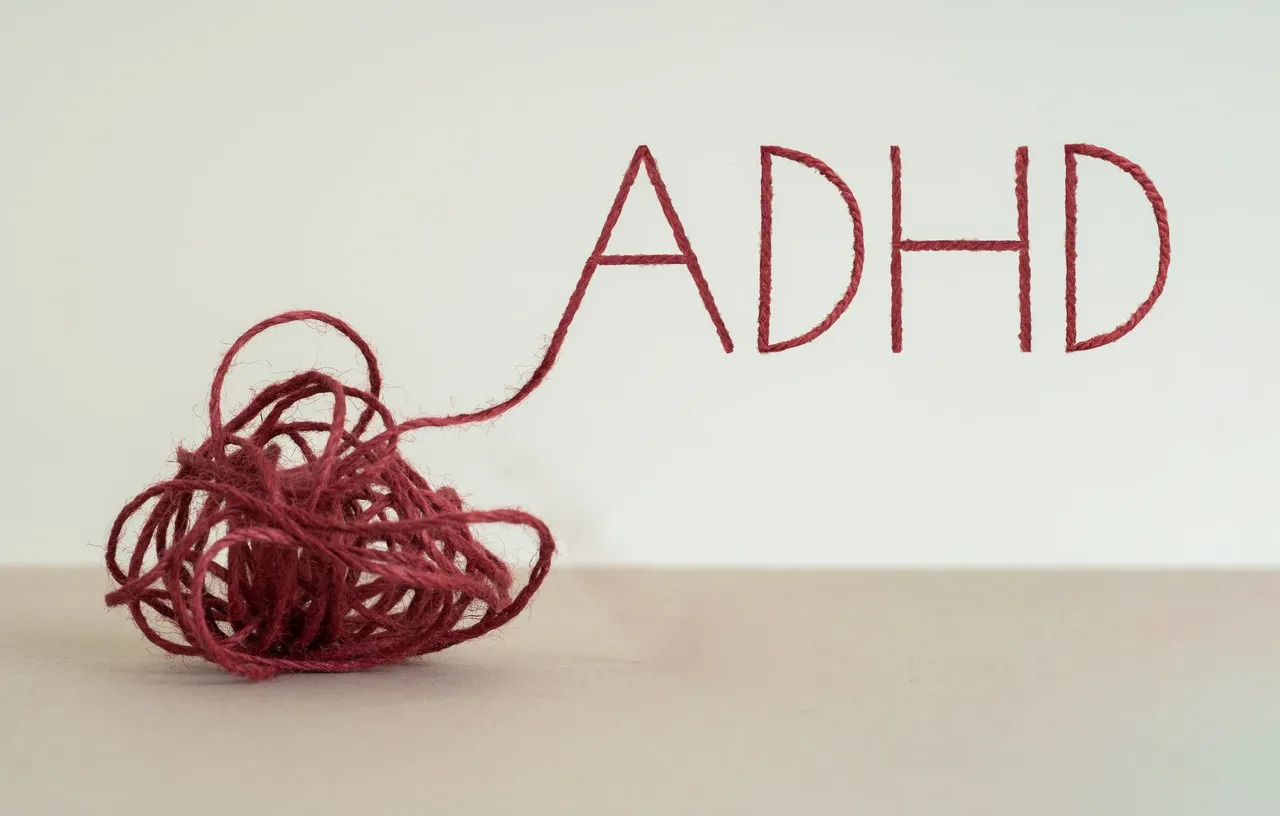ADHD, which stands for Attention Deficit Hyperactivity Disorder, is a neurodevelopmental disorder, characterized by symptoms such as difficulty paying attention, hyperactivity, and impulsivity. It is a chronic condition and can impact various aspects of a person’s life, including their social relationships, academic performance, and career prospects.
It is estimated to affect more than 1 million Australians, with prevalence rates at approx. 6-10% in children/adolescents and 2-6% in adults [Australian Evidence-Based Clinical Practice Guideline For Attention Deficit Hyperactivity Disorder – The ADHD Guideline, 2023].
There are three subtypes of ADHD:
1) predominantly inattentive,
2) predominantly hyperactive-impulsive, and
3) combined.
Predominantly inattentive ADHD is characterized by symptoms such as forgetfulness, disorganization, and difficulty completing tasks. Predominantly hyperactive-impulsive ADHD is characterized by symptoms such as restlessness, fidgeting, and interrupting others. Combined ADHD is characterized by a combination of both inattentive and hyperactive-impulsive symptoms.
As well as the direct symptoms, ADHD can affect a person’s psychological well-being in several ways. People with ADHD may experience low self-esteem, anxiety, and depression due to difficulties in managing their symptoms. They may also struggle with relationships and work due to problems with organization, focus, and impulsivity.
Whilst ADHD is present since childhood, for a number of reasons, many adults with ADHD did not receive a diagnosis in their early life, and so for some, it is not until adulthood that they begin to explore this. Assessment and diagnosis for ADHD in adults has its unique challenges with many adults having learned to compensate for their symptoms over time, and their symptoms may not be as obvious as in children. In particular, women with ADHD are known to experience symptoms differently than men, which can lead to underdiagnosis or misdiagnosis. Women with ADHD may have more internalized symptoms, such as excessive worry, disorganization, and difficulty with prioritizing.
For those experiencing ADHD symptoms, seeing a psychologist can be doubly beneficial, both for getting a diagnosis as well as managing the unhelpful impacts. Psychologists are able to perform the comprehensive assessment necessary to diagnose ADHD. They can also provide psychotherapy, which can help individuals with ADHD develop coping skills, manage stress and other lifestyle factors, and improve relationships and work performance.
If you would like to read more about ADHD in Australia (including the Consumer Companion), you can access The ADHD Guidelines at https://adhdguideline.aadpa.com.au/.
If you are seeking an ADHD diagnosis, or require support/treatment to help manage ADHD symptoms and related issues, please contact Cova Psychology to discuss booking an appointment.
If you’re keen for assistance with any type of mental health concern, contact Cova Psychology to discuss booking a Psychologist Melbourne. Our Melbourne Psychologists offer a wide range of evidence based therapies including CBT, Schema Therapy, and EMDR Therapy Melbourne.















